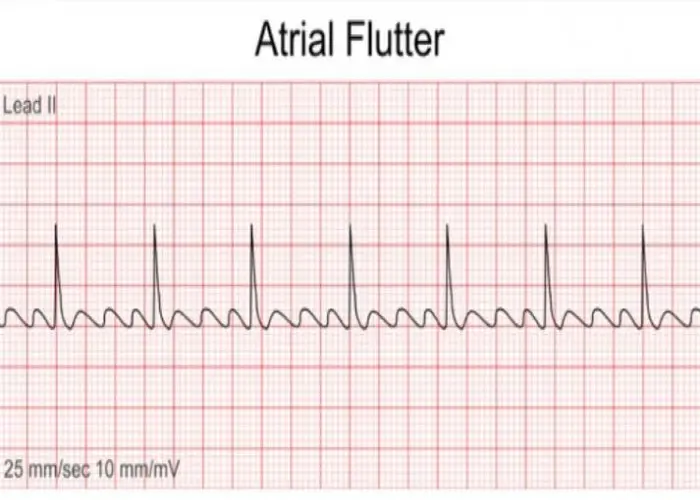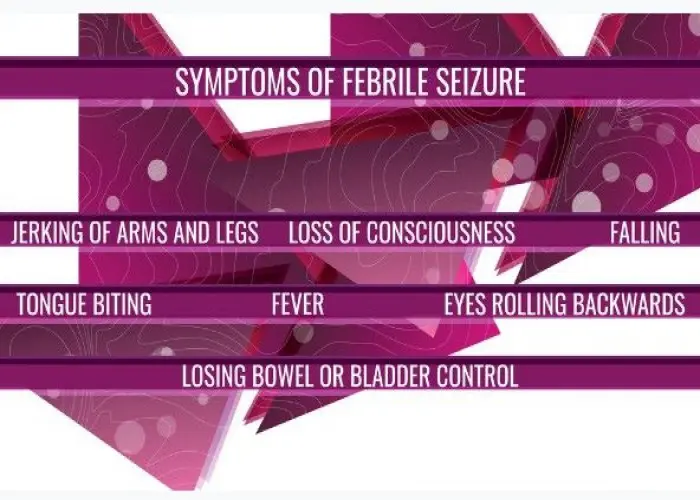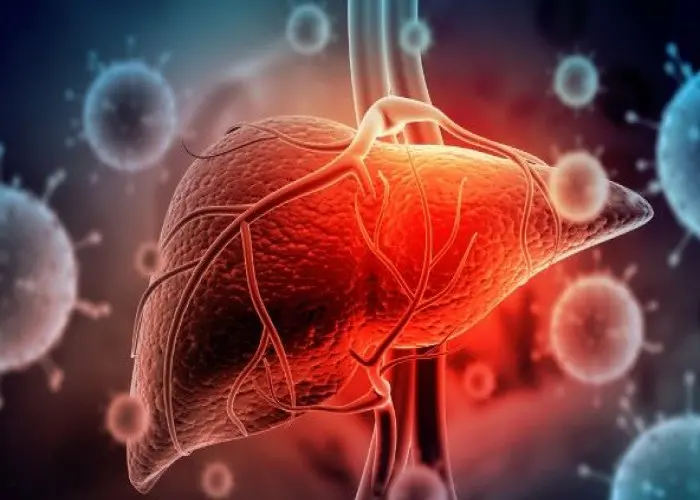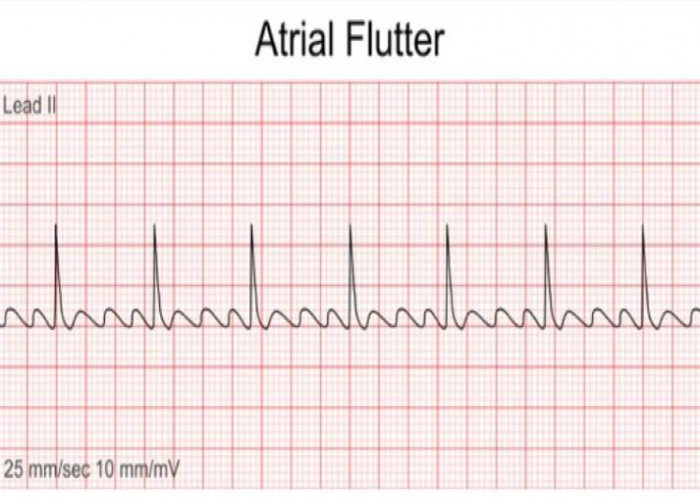 Welcome
Welcome
“May all be happy, may all be healed, may all be at peace and may no one ever suffer."
Atrial flutter

Atrial flutter is a type of abnormal heart rhythm in which the upper chambers of the heart (the atria) beat very fast and in a regular pattern. This can cause the heart to beat inefficiently, reducing the amount of blood that is pumped to the rest of the body.
Atrial flutter can cause a variety of symptoms, including palpitations, shortness of breath, chest pain, lightheadedness, or fainting. The severity of symptoms can vary depending on the rate and duration of the flutter.
Atrial flutter is typically diagnosed using an electrocardiogram (ECG) or other tests, such as a Holter monitor or echocardiogram. Treatment for atrial flutter may include medications to slow the heart rate, anti-arrhythmic drugs to restore a normal heart rhythm, or electrical or chemical cardioversion to restore normal sinus rhythm. In some cases, surgical procedures, such as catheter ablation, may be recommended to correct the underlying cause of the flutter.
It is important to seek medical attention if you experience symptoms of atrial flutter, as it can increase the risk of stroke and other complications if left untreated. Your healthcare provider can help determine the best course of treatment for your individual needs and monitor your progress over time.
Research Papers
Disease Signs and Symptoms
- Rapid fluttering heartbeats (palpitations)
- Irregular heartbeats (arrhythmia)
Disease Causes
Disease Prevents
Disease Treatments
Disease Diagnoses
Disease Allopathic Generics
Disease Ayurvedic Generics
Disease Homeopathic Generics
Disease yoga
Atrial flutter and Learn More about Diseases

Brugada syndrome

Dermatographia

Febrile seizure

Vaginitis

Keratosis pilaris

Uterine fibroids

Breast cancer

Hepatitis A
Atrial flutter, Ecg of atrial fibrillation, Atrial flutter ecg, অ্যাট্রিয়াল ফ্লাটার
To be happy, beautiful, healthy, wealthy, hale and long-lived stay with DM3S.
